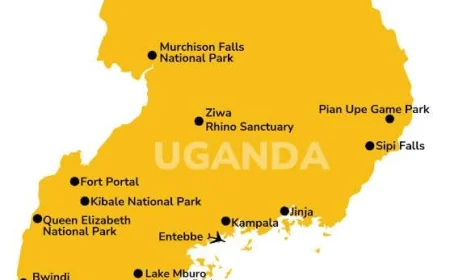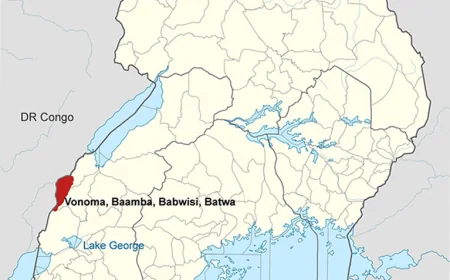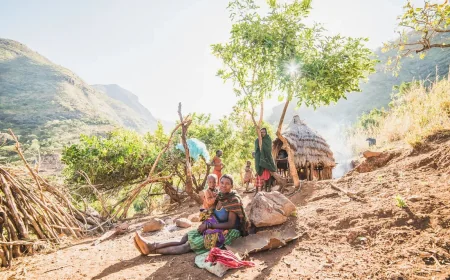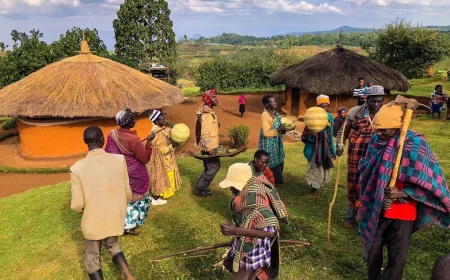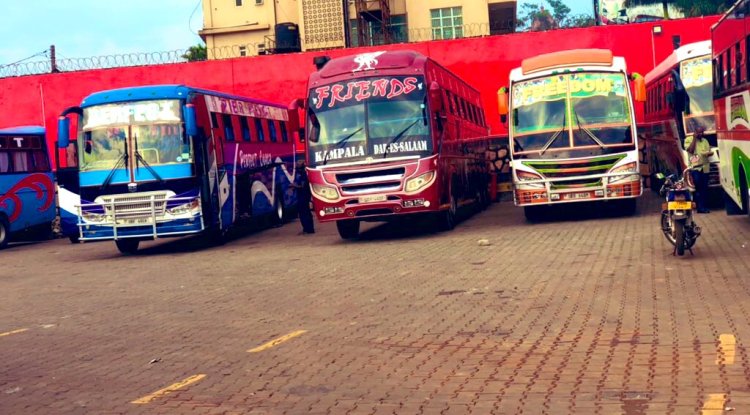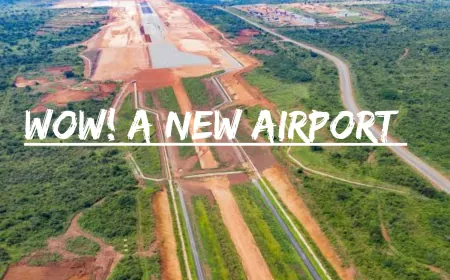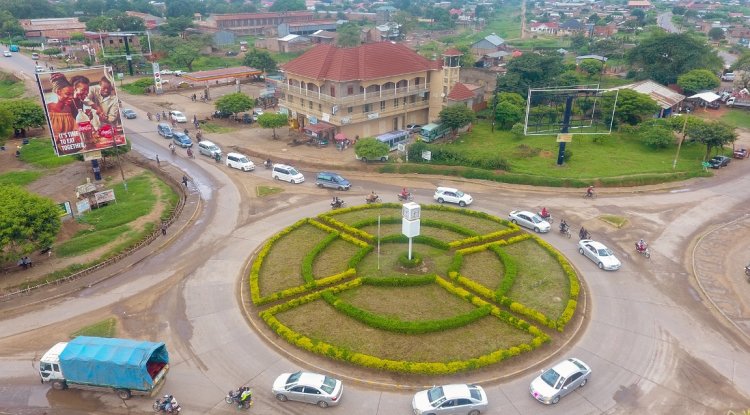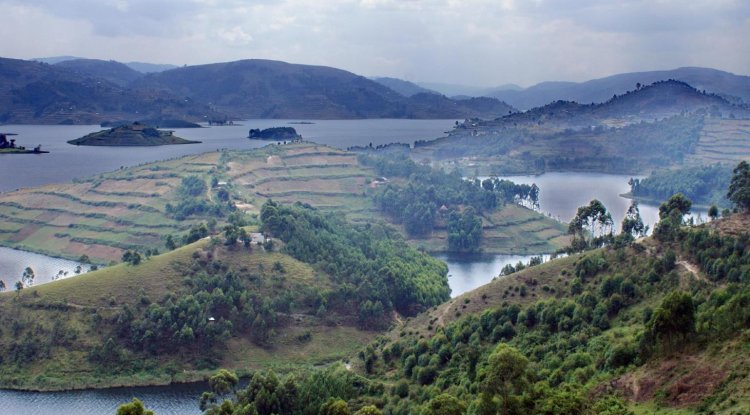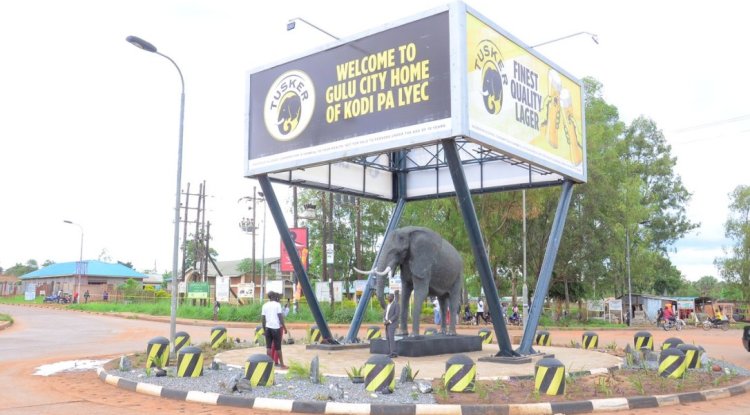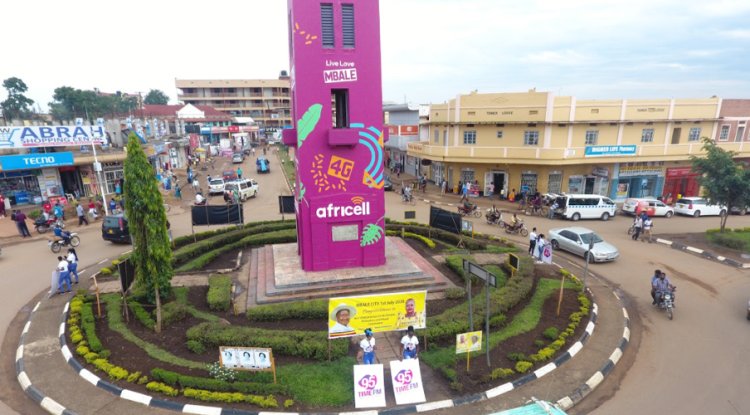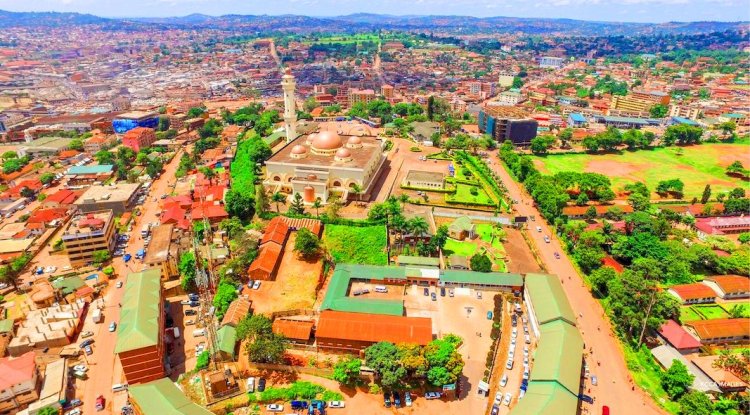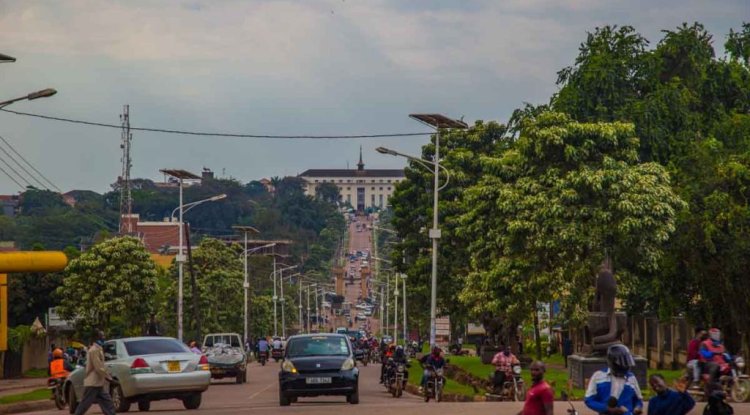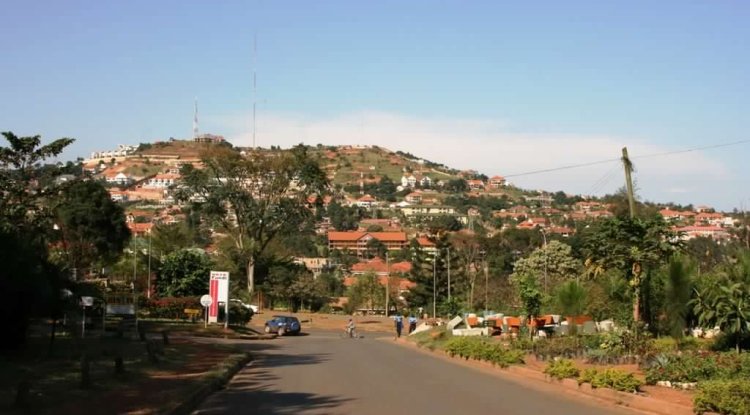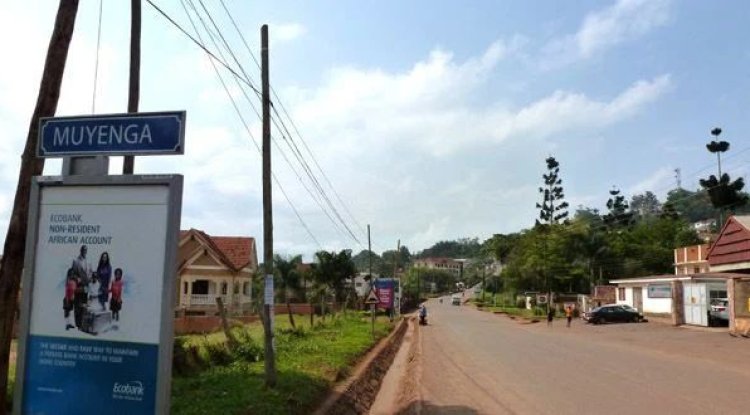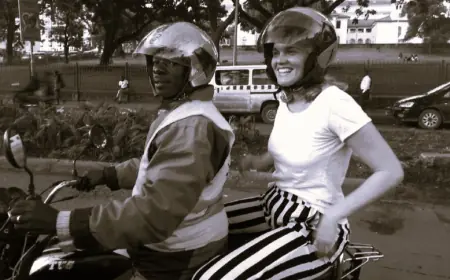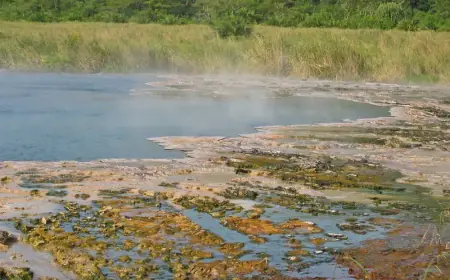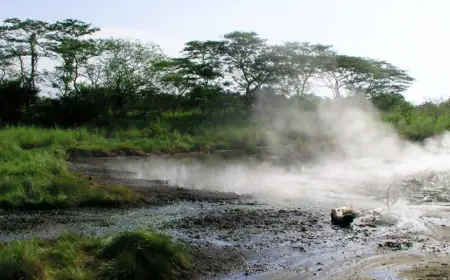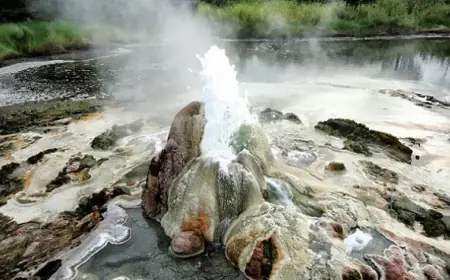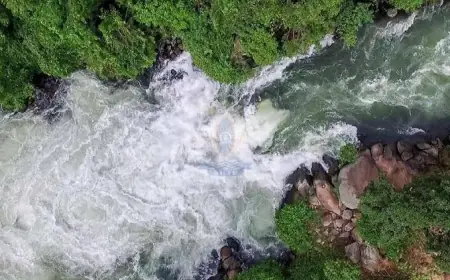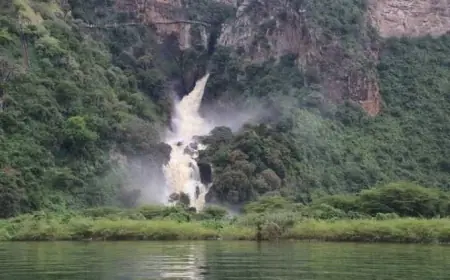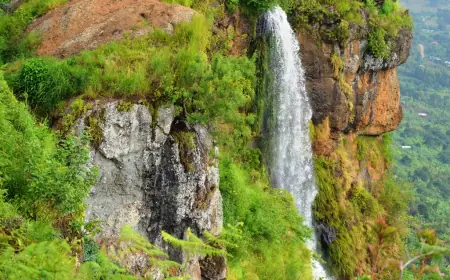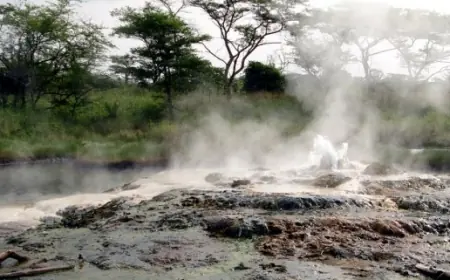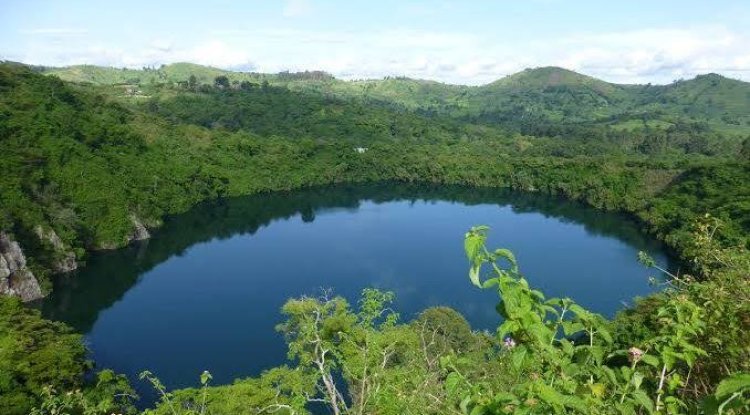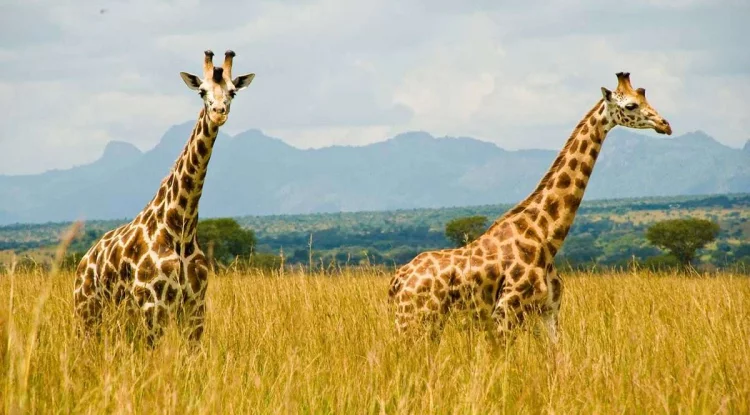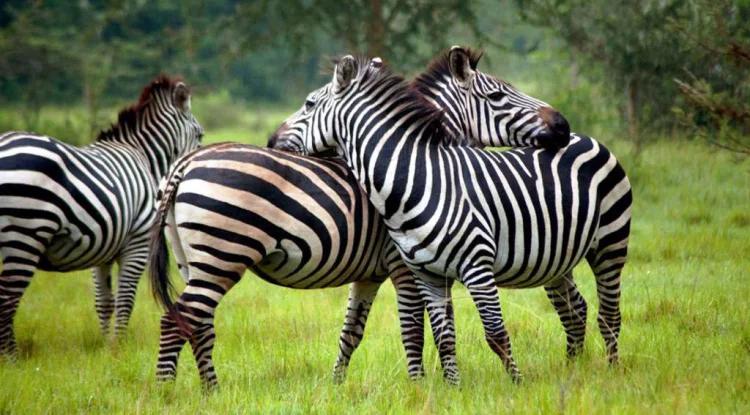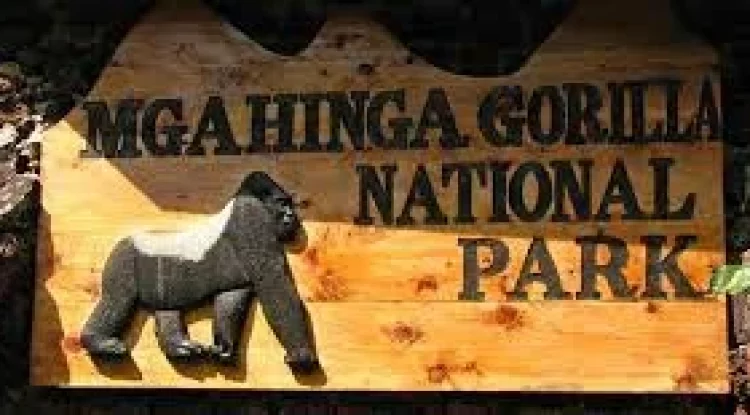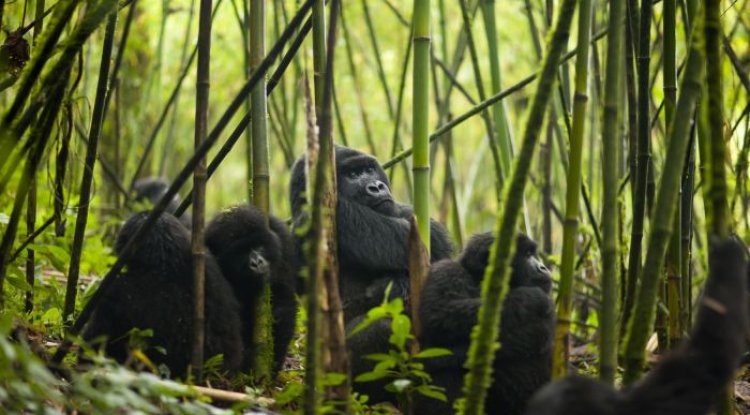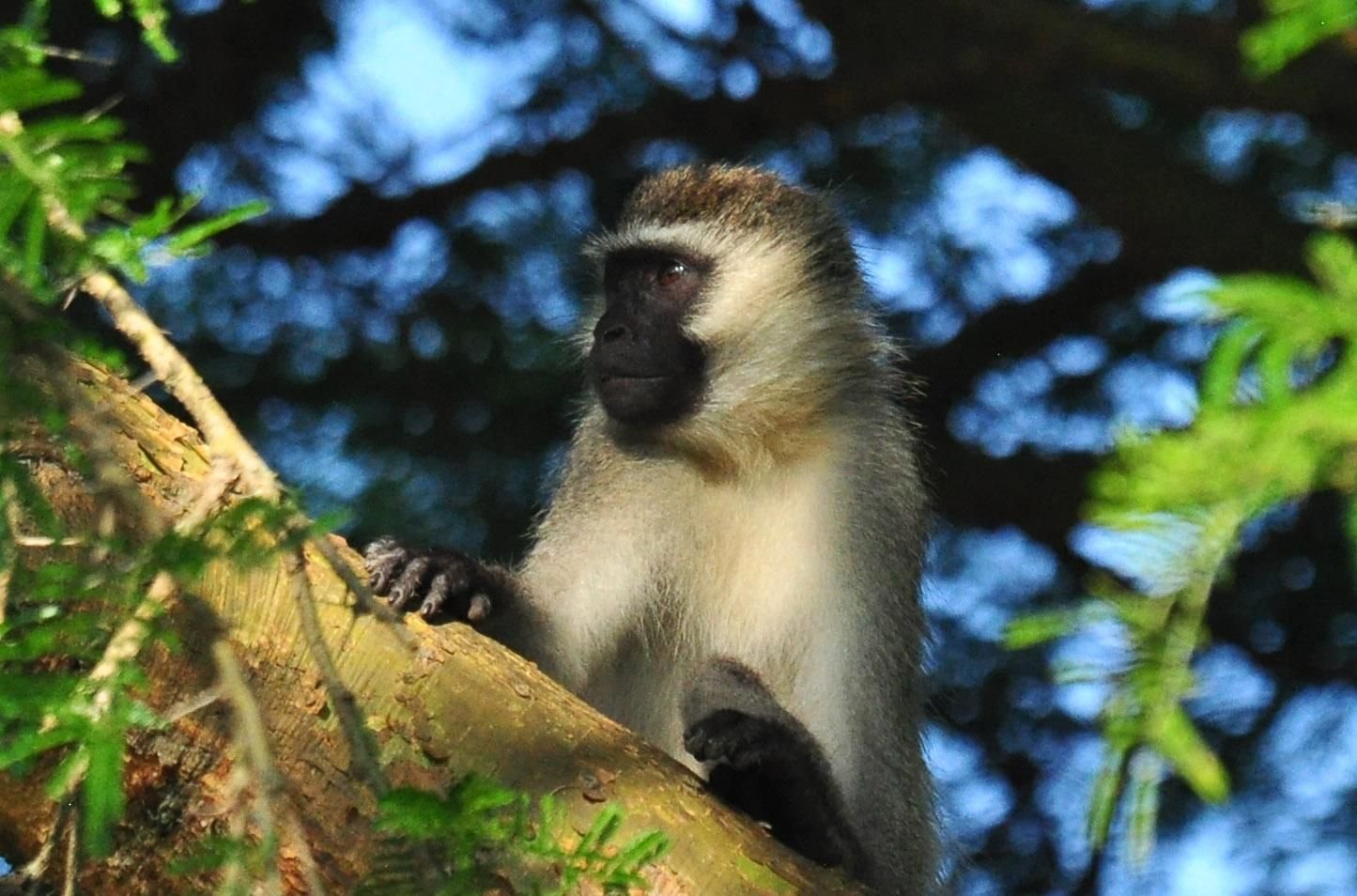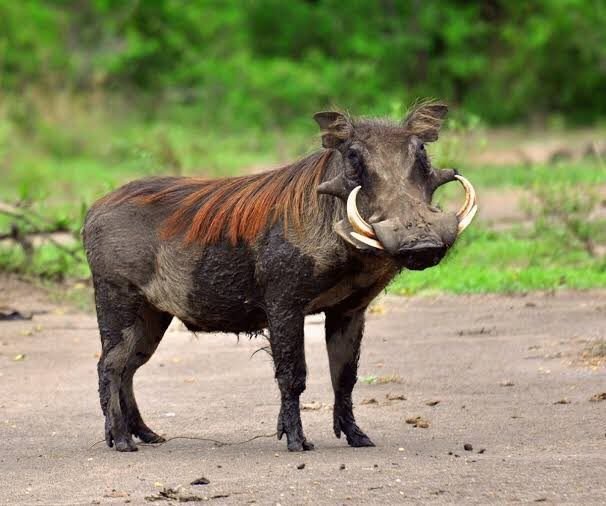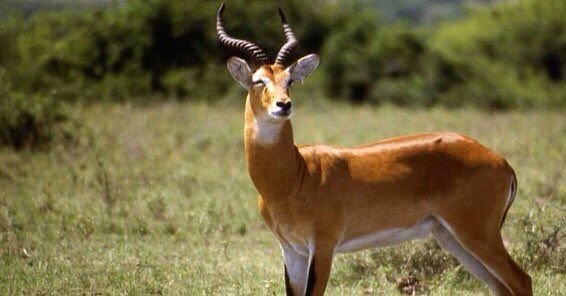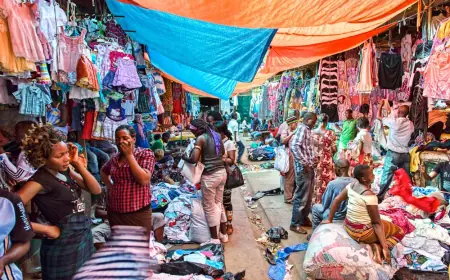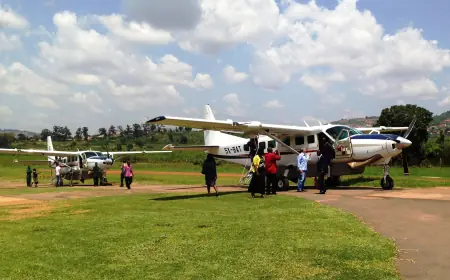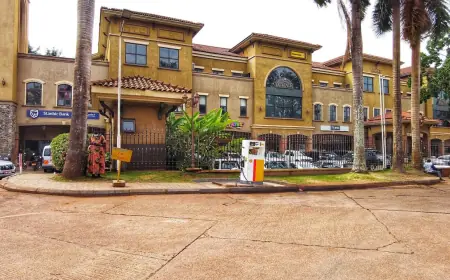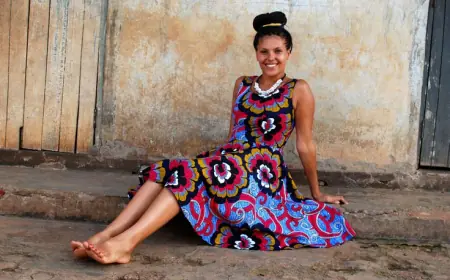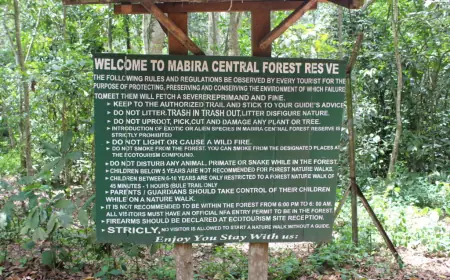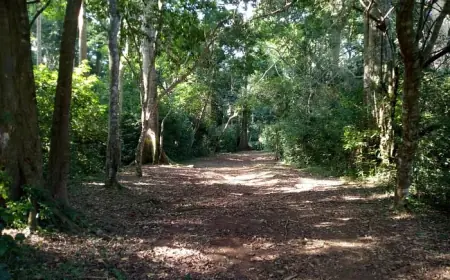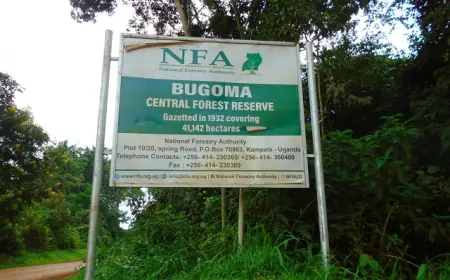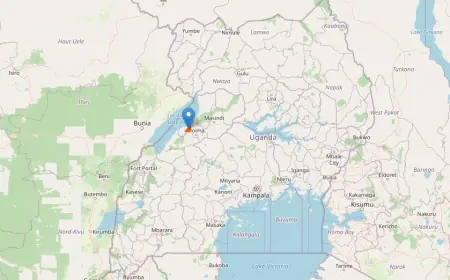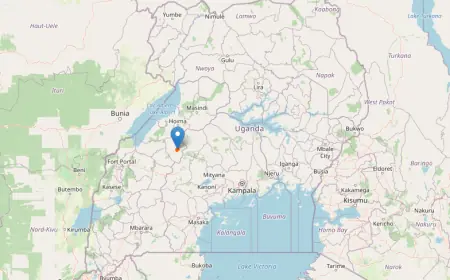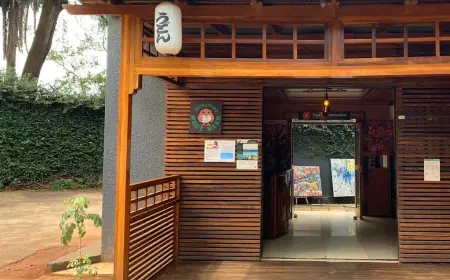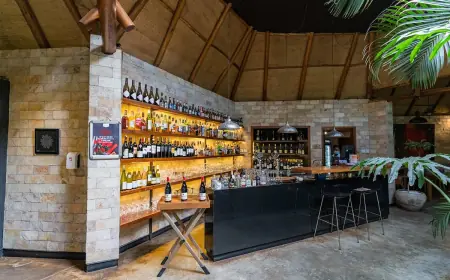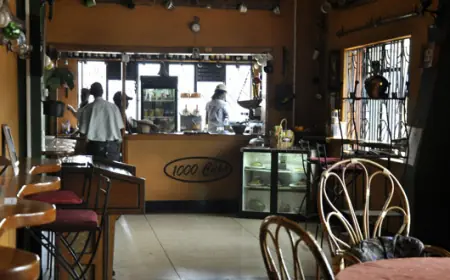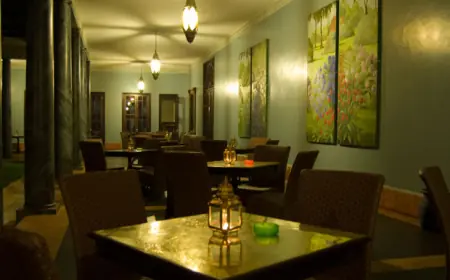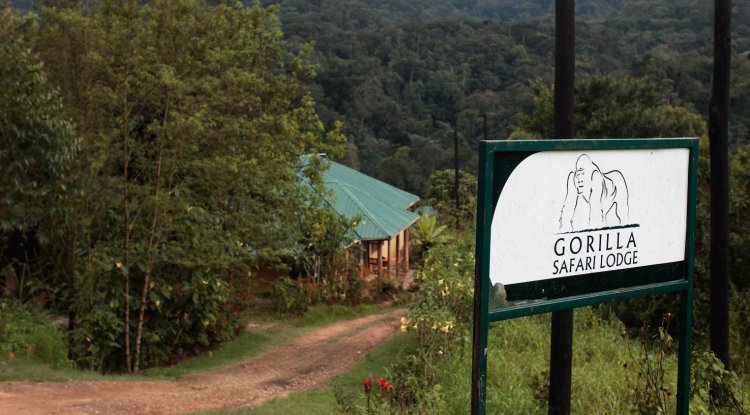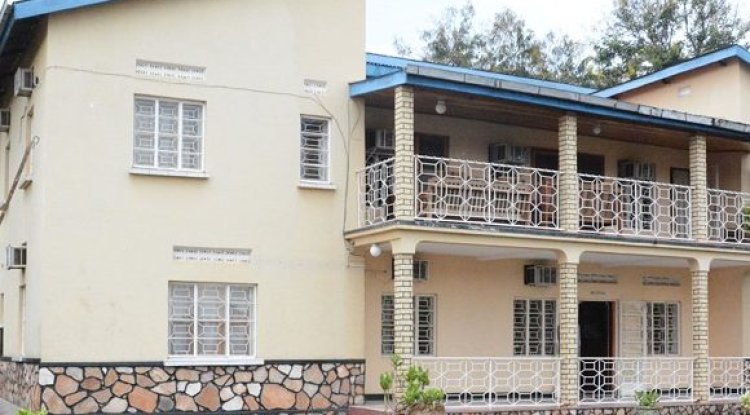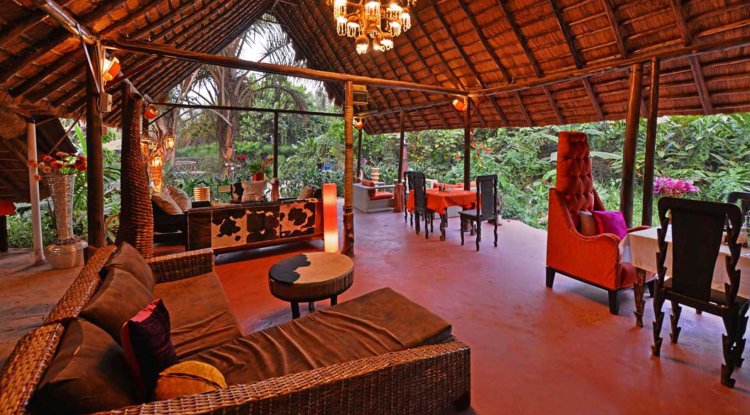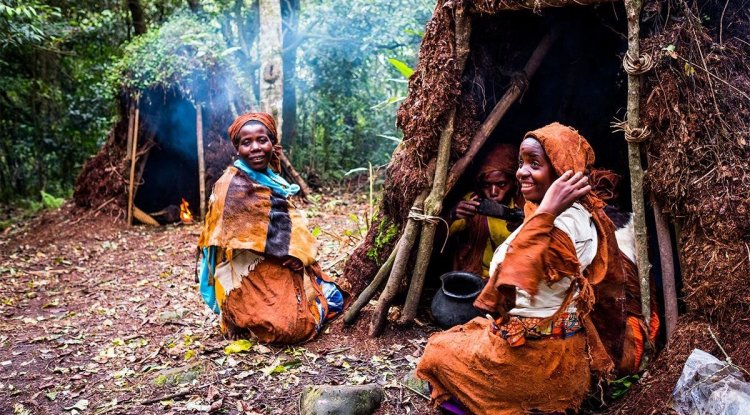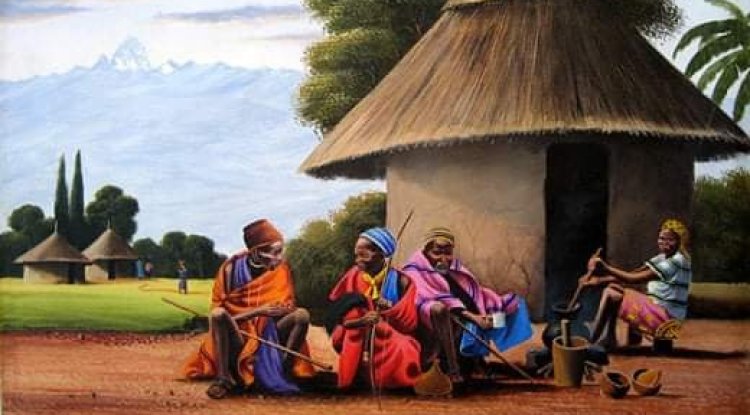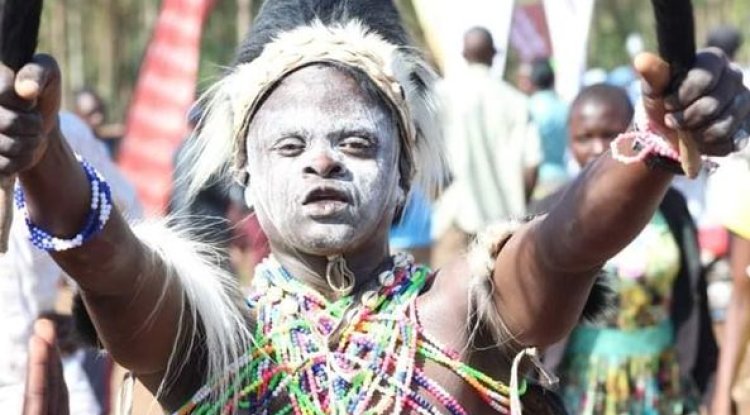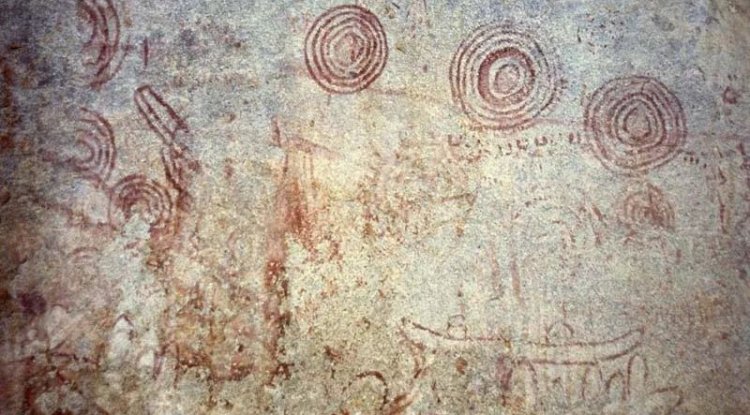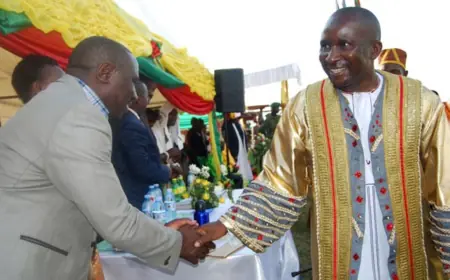The Batuku: A Tribe of Warriors and Fishermen
The purpose of this article is to shed light on this intriguing and tenacious tribe, as well as to highlight some of the characteristics that distinguish them and make them worthy of respect.

Imagine living in a region where the soil is too salty to grow and the only source of food is a big lake stretching beyond the horizon. Imagine being descended from a royal army that fought valiantly for a kingdom that no longer exists. Consider having a distinct culture and language that few people understand or appreciate. This is the reality for the Batuku, a tribe of approximately 35,000 people that live on the southern banks of Lake Albert, which borders Uganda and the Democratic Republic of the Congo.
The Batuku are one of Uganda's many tribes, which form a rich and diverse ethnic mosaic. However, unlike other of the more well-known tribes, such as the Baganda, Banyankore, and Acholi, the Batuku have received little attention from the media, government, or academia. Their history, culture, and challenges are mostly unknown to the outside world, including some of their fellow Ugandans. The purpose of this article is to shed light on this intriguing and tenacious tribe, as well as to highlight some of the characteristics that distinguish them and make them worthy of respect.
History
The Batuku can be traced back to the Abarusura, Kabalega's royal army from the Bunyoro-Kitara Kingdom in the nineteenth century. Bunyoro-Kitara was one of the region's most powerful and significant kingdoms until it was invaded and annexed by British colonialists and their Baganda allies in the late nineteenth century. The Abarusura were Kabalega's greatest warriors, and they battled the invaders with valor and resolve. They were well-known for their devotion, bravery, and combat abilities.
However, after years of struggle, the Abarusura were finally destroyed and scattered. Some escaped to neighboring Congo, while others settled in what is now Ntoroko district, on Lake Albert's shoreline. They intermarried with the indigenous Batooro and Banyoro populations, adopting elements of their customs and languages. They also formed their own identity as the Batuku, which means "the people of the lake" in their native language, Lutuku.
Culture
The Batuku have a distinct culture reflecting their dual ancestry as warriors and fishermen. They are from the Bantu ethnic group and live in the Tooro region of the Tooro Kingdom, which is commanded by the Omukama (king) of Tooro. The present Omukama is Oyo Nyimba Kabamba, Iguru Rukidi IV. The Batuku appreciate and support the Omukama, but they also retain their independence and pride as a distinct tribe.
One of the most essential features of the Batuku culture is their naming system, known as Empaako. Empaako is a tradition in which children are given one of twelve names shared by the communities during a ceremony presided over by the clan chief and relatives. Empaako names are used to express respect, affection, and social affiliation and are frequently more important than given names.
Another key element of the Batuku culture is their traditional dress code, which consists of a lesu (a colorful cloth) and a barkcloth. Men tie the lesu diagonally from one shoulder, while women wrap it around their waist. Barkcloth is a fabric made from the bark of a fig tree and is worn as a skirt or cloak. Barkcloth is also used for ceremonial purposes, such as weddings, funerals, and initiation rites.
The Batuku are also known for their traditional dance, Eliba, which is a form of celebration comparable to the Banyoro tribe's Runyege Ntogoro dance. Eliba is performed by both men and women, who move their feet and hips rhythmically and energetically while accompanied by drums, flutes, and rattles. Eliba is an expression of delight, thanks, and camaraderie among the Batuku.
Livelihood
The Batuku are mostly cattle ranchers and fishermen, relying on the lake and their livestock for life. Their major meals are milk (Amata) and wheat (Oburo), which they obtain by farming adjacent communities. They also consume fish called Enchu, which they catch in the lake with nets, hooks, or traps. Beef is only consumed if a cow is injured or becomes trapped in a ditch; otherwise, cows are not slaughtered for meat. They also consume bananas, sweet potatoes, beans, and other crops obtained from their farming neighbors, such as the Baamba-Babwisi tribe.
Their traditional drink is called Obugeme, and it is produced from wild coconuts. Obugeme is a fermented beverage with a sour, refreshing flavor. It is typically consumed at social events such as weddings, funerals, and celebrations. Obugeme is also thought to have therapeutic characteristics and is used to cure a variety of conditions, including stomachaches, headaches, and malaria.
The Batuku have a great affinity for their land and lake, which they see as sacred and necessary for their survival. They have a strong respect for nature and the environment, and they practice sustainable and eco-friendly fishing and cattle raising. They also share a feeling of community and collaboration, and they assist one another in times of need or trouble.
Conclusion
The Batuku are a warrior and fishing tribe with a rich and distinct culture and way of life, but they also face numerous obstacles and risks to their very existence. They are a tribe that demands greater recognition and support from the government, civil society, and the international community in order to maintain their identity and improve their living conditions. They are a tribe with a lot to share and educate the world about resilience, adaptation, and harmony with nature. They are a tribe that should not be forgotten or neglected, but rather honored and appreciated. The lake's inhabitants are known as the Batuku.
What's Your Reaction?
 Like
4
Like
4
 Dislike
0
Dislike
0
 Love
2
Love
2
 Funny
0
Funny
0
 Angry
0
Angry
0
 Sad
0
Sad
0
 Wow
1
Wow
1
